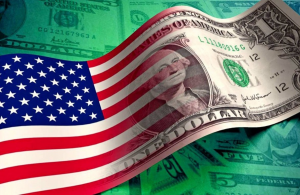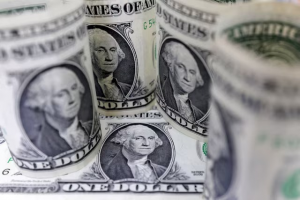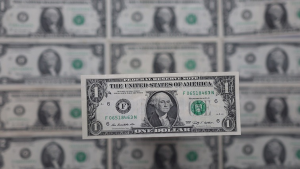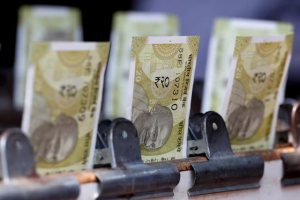Most Asian currencies and the dollar were little changed on Wednesday, as investors cautiously assessed the outcome of U.S.-China trade talks, where both sides agreed on a framework for a potential trade deal after two days of negotiations in London.
Investors also remained on edge ahead of the U.S. consumer inflation report, watching for signs of tariff-driven price pressures that could influence the Federal Reserve’s policy path.
The US Dollar Index, which measures the greenback against a basket of major currencies, edged up 0.1% in Asia hours, while Dollar Index Futures were largely unchanged.
Asian FX shows limited reaction to US-China trade framework deal U.S. and Chinese officials concluded two days of intensive negotiations in London on June 10–11, agreeing to a high‑level framework intended to revive the Geneva truce and address export control disputes.
The framework targets lifting China’s restrictions on rare earth mineral exports in exchange for the U.S. easing certain export curbs, especially on semiconductors. The proposed agreement, however, remains pending formal approval from Presidents Donald Trump and Xi Jinping.
Asian equities showed modest gains; however, currency markets remained cautious due to the absence of concrete details on tariff reductions.
The Chinese yuan’s onshore USD/CNY and offshore USD/CNH pairs were both largely unchanged on Wednesday.
The Japanese yen’s USD/JPY pair ticked up 0.1%.
The South Korean won’s USD/KRW pair rose 0.3%, while the Singapore dollar’s USD/SGD was largely muted.
3rd party Ad. Not an offer or recommendation by Investing.com. See disclosure here or remove ads. The Indian rupee’s USD/INR inched 0.1% lower.
The Australian dollar’s AUD/USD also ticked down 0.2%.
Elsewhere, the Philippine peso’s USD/PHP pair, the Thai baht’s USD/THB, and the Taiwan dollar’s USD/TWD, were all muted.
US CPI awaited to parse Fed’s rate outlook Adding to the cautious tone, investors flagged the impending U.S. consumer price index inflation report due later on Wednesday.
The data will be scrutinised for tariff‑related price pressures that could tip the Federal Reserve’s interest‑rate path.
The Fed is widely expected to hold rates unchanged next week amid tariff uncertainty.













